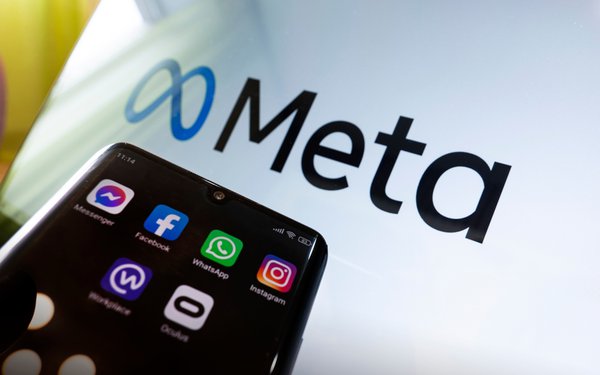
A New York-led coalition of 48 states is pressing their bid to
proceed with an effort to force Facebook parent Meta to divest Instagram and WhatsApp.
“Facebook has engaged in an unlawful course of conduct to, in CEO Mark Zuckerberg’s words,
'build a competitive moat' around its monopoly,” the states argue in papers filed Thursday with the D.C. Circuit Court of Appeals. “Facebook’s efforts to buy or bury nascent
competitors continue to harm consumers, and the district court erred in dismissing the complaint.”
The attorneys generals sued Facebook in late 2020 over an alleged
“buy-or-bury” strategy to monopolize social networking. The allegations centered Facebook's acquisition of Instagram (acquired for $1 billion in 2012) and WhatsApp (bought for $19 billion
in 2014), and the attorneys general are seeking to force Facebook to unwind those deals.
advertisement
advertisement
The Federal Trade Commission is separately suing Facebook over the acquisitions; that matter is
scheduled for trial in 2024.
Last year, U.S. District Court Judge James Boasberg in Washington, D.C. ruled that the states' case was time-barred due to “laches” -- meaning
that the attorneys general waited too long after the acquisitions to sue.
The states appealed the ruling in January, arguing that laches doesn't apply to lawsuits by state governments.
Facebook urged the appellate court to reject the states' arguments for several reasons, including that their delay in suing was unreasonable.
The U.S. Chamber of Commerce and other business
groups sided with Facebook, arguing that laches has always protected companies from “stale and prejudicial” claims.
“Businesses, their shareholders, and their customers
deserve to know that decades-old transactions will not be unwound by a state or territorial government’s belated trip to the courthouse,” the Chamber of Commerce and other organizations
write. “The insecurity of knowing that the structure of an established enterprise is forever subject to judicial revision would cast a cloud over all business dealings down the line.”
The states counter in their new papers that they didn't “act unreasonably in filing suit only after Facebook’s anticompetitive buy-or-bury course of conduct became clear.”
They add that the basis for their antitrust claims “only became clear after Facebook’s course of conduct was well underway, when the cumulative effects of the ongoing course of conduct
and the fact of Facebook’s misrepresentations became apparent.”
The appellate court has not yet said when it will hear arguments.